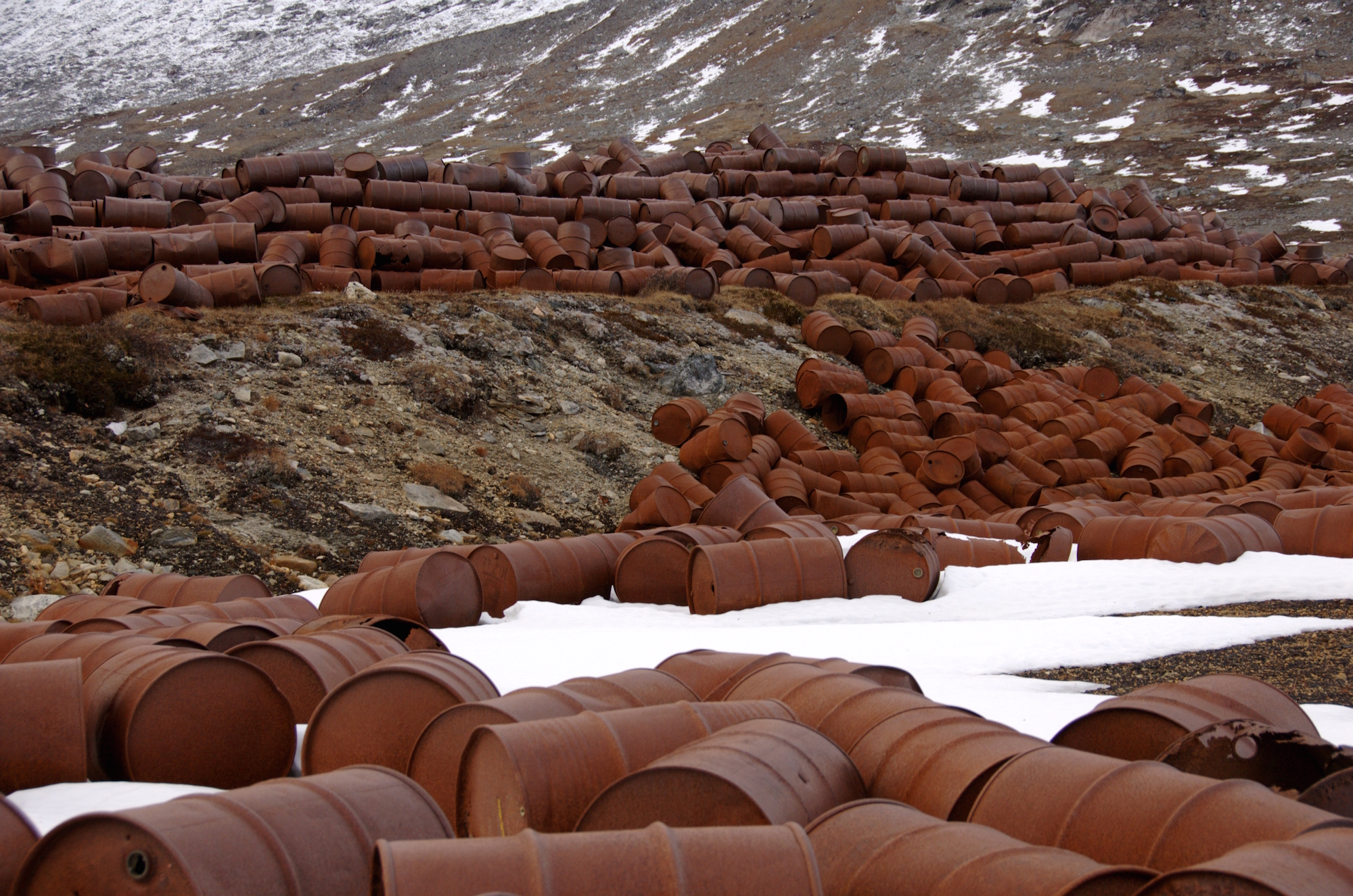Denmark suggests Greenland is responsible for cleaning up old US pollution
Is Greenland looking to have its cake and eat it when it comes to cleaning up disused American military bases? Yes, appears to be the message from Copenhagen.
During testimony before the Folketing, the Danish national assembly, on Nov. 3, Espen Lunde Larsen, the environment minister, suggested that because responsibility for environmental protection was devolved to Nuuk in 1989, Greenland itself may need to pay to clean up any pollution that existed at the time.

By assuming powers in the area, the Self-Rule Authority was given “legislative and executive power, as well as responsibility for financing,” environmental protection, Larsen said.
[Greenland calls for clean-up of toxic U.S. Cold War bases]
Concern about the pollution left behind at disused American military installations emerged in August in connection with the publication of a paper warning that as Greenland’s ice cap shrinks Camp Century, a once-secret U.S. Cold War-era base built into the ice, would be exposed, potentially resulting in the widespread release of toxins, including PCBs, which are carcinogens.
[Nuuk to demand that Danes clean up US pollution]
Since then, Nuuk has mounted a campaign aimed at forcing Copenhagen to take the lead in ensuring the base is cleaned up. According to Greenlandic authorities, because Denmark remains responsible for Greenland’s foreign relations, and because it signed treaties freeing Washington of any clean-up obligations, it has a legal responsibility to address the matter.
“The polluter, or in this case those who have accepted and approved the pollution, must and will have to clean up the pollution,” Vittus Quajaukitsoq, Greenland’s foreign minister, wrote in a widely-published opinion piece last month.
Greenlandic lawmakers, as well as some Danish lawmakers sitting on the Folketing’s Greenland Committee, argue that regardless of the legality of the situation, Denmark has a moral responsibility to ensure the pollution is cleaned up, given that Greenland had no say in the defence agreements.
During last week’s testimony, Kristian Jensen, the Danish foreign minister, underscored that Copenhagen was taking the matter seriously, and that it had begun the effort of determining how great a danger the base posed. However, when it came to asking Washington to aid with the clean-up, he explained that the case was still being built.
“If I went over there right now and asked point blank whether they felt they were responsible, I am certain the answer would be ‘no,’” Jensen said.
If Nuuk’s experience is to serve as an indicator, then forcing them to say ‘yes’ will be a matter of combing the fine print to find just the right catch to trip them up on.